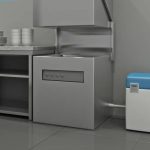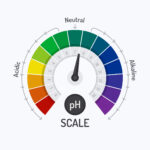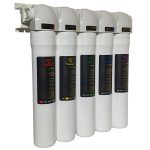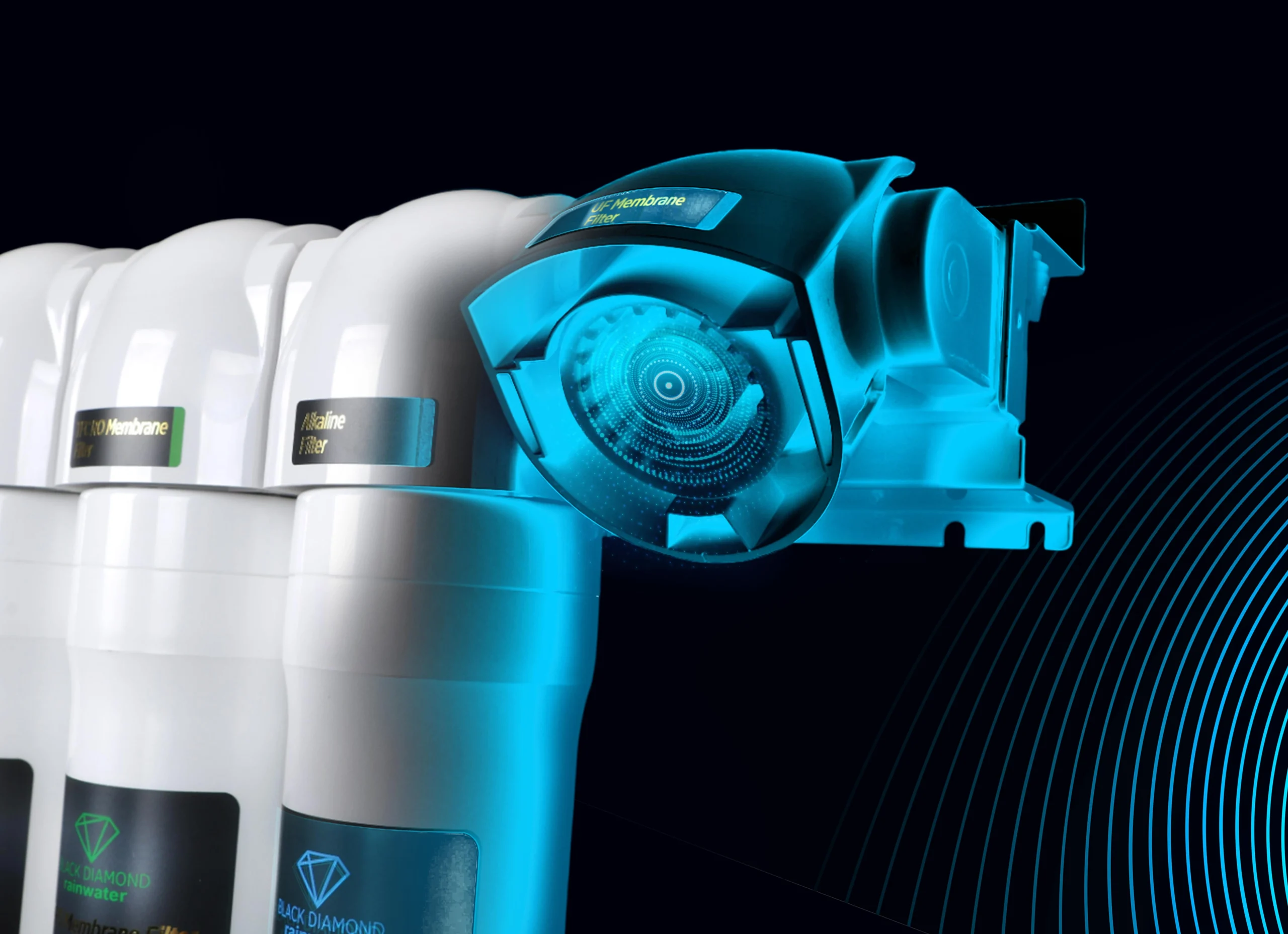Sediment filters, which are one of the most basic parts of water treatment systems, are important components that directly affect the quality of drinking water used in homes and workplaces. Sediments, sand particles and rust residues that are too small to be seen in the water are retained through these filters.
It helps protect other filters by taking part in the first stage of the purification process. It not only improves water quality but also extends the life of the system and provides a more efficient experience to the user.
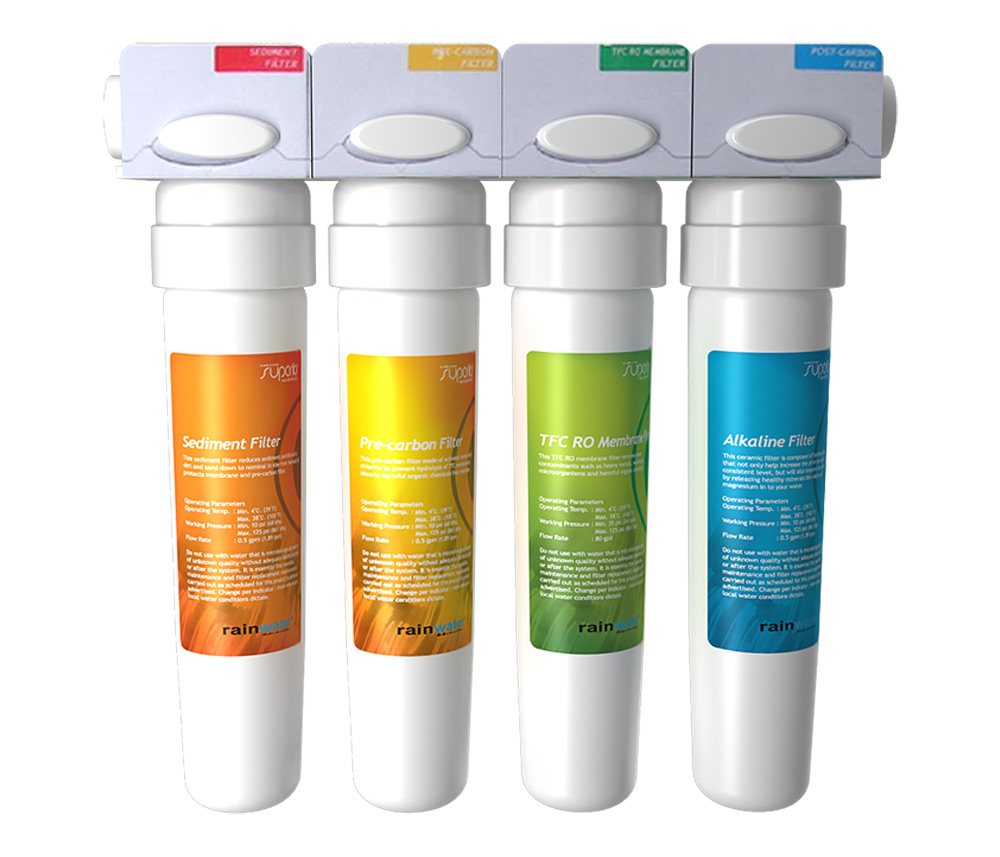
What is a Sediment Filter?
“What is a sediment filter?” When you wonder, the answer to this question is quite clear. Sediment filter is one of the most basic filters used in water treatment systems. These filters consist of special porous structures to capture sediment and particles in water. It is mostly made of polypropylene material and has different micron values. As the micron value decreases, the filter’s capacity to capture finer particles increases. In this way, the water becomes cleaner.
Sediment filters generally have pore sizes of 1, 5 or 10 microns. It is important to choose the right micron according to the area to be used and the need. Each micron size has different characteristics. For example, while it is sufficient to retain larger particles in industrial areas, more sensitive filters are preferred in drinking water systems. In this respect, it promises a flexible use suitable for every need.
Another important point is that these filters undertake the task of protecting other treatment stages. For example, by preventing premature clogging of activated carbon or membrane filters, it both increases performance and reduces maintenance costs. From this point of view, sediment filters are the cornerstone of water treatment devices.
What Does a Sediment Filter Do?
The first question that comes to many people’s minds is“What does a sediment filter do?“. In the simplest terms, these filters separate the visible or microscopic sediments in the water. Thus, both the taste of drinking water improves and its appearance becomes cleaner. It is aimed to separate the substances that give turbidity to the water and may pose a health risk from the water.
Sediment filters not only improve drinking water but also contribute to the protection of domestic appliances. Sediments that accumulate over time in devices such as washing machines, dishwashers or combi boilers reduce device performance. Thanks to the filter, such problems are prevented.
These filters are also important for human health. Long-term consumption of sedimented and turbid water can cause digestive system disorders. When various filters, especially sediment filters, are used, it is possible to reach clear and reliable water. In this respect, an important need is met in every aspect of daily life.
What are Sediment Filter Types?
There are different types of filters used in water treatment technologies. These types are selected according to needs and intended use. Four basic types stand out, especially in terms of material structure and filtration density:
Spun Polypropylene Filters
Spun polypropylene filters, one of the most widely used models, are produced by winding molten polypropylene yarns with a special technique. Thanks to its dense fibre structure, it effectively retains sediments and fine particles in water. This type of filters have a graded pore structure. Thus, particles of different sizes are separated layer by layer. They are often preferred in domestic systems because they are economical and effective.
Foam Filters
Foam filters have a larger surface area thanks to their porous structure. With these features, they can hold high amounts of particles. They are especially preferred in areas with larger sediments. There are also varieties that can be reused after washing. Since it has a durable structure, it can be used for a long time. These filters are also frequently used in industrial systems.
Both filter types address different areas of use. When the correct filter selection is made, the efficiency of the water purifier also increases.
Pleated Paper Filters
Folded paper filters promise more efficient filtration than standard filters thanks to their special design that increases the surface area. The folded structure aims to retain more sediment and particles while maintaining the flow rate of water. In this way, both high performance is achieved and the service life of the filter is extended.
In addition, these filters are washable and reusable. This advantage both reduces costs in the long term and is an environmentally friendly solution in terms of sustainability. Folded paper filters, which are widely used in domestic and commercial systems, stand out with their practical use and durability.
Ceramic Filters
Ceramic filters are high precision filters that can hold even the smallest particles in water thanks to their porous structure. Since they are especially effective in filtering bacteria, sediment and other micro pollutants, they are frequently preferred to obtain healthy drinking water. It increases the clarity and reliability of water with its high quality filtration capability.
They can be used for a long time thanks to their durable structure. Since they are generally cleanable, they are easy to maintain and can be reused. Ceramic filters are an ideal choice for users who want a high hygiene standard among water treatment devices.
How Does a Sediment Filter Work?
Sediment filters, whose working principle is quite simple, act as a physical barrier. When the water enters the filter, the sediment and particles are trapped on the porous surface. The cleaned water passes to the next stage. In this process, no chemical reaction takes place, only a mechanical filtration process is applied.
The pore size of the filter determines the cleaning capacity of the water. Smaller particles can be retained with filters with smaller micron values. For example, a 5 micron filter can easily filter sand particles, rust particles and some micro sediments. Thanks to this mechanism, it is aimed to protect the sensitive filters used in the next stages.
The most important advantage of sediment filters is their high efficiency despite their simple structure. When regular replacement is done, the performance continues as the first day. Water purification devices without this stage in the life of other filters is shortened and the device often fails.
Where is the Sediment Filter Used?
The usage area of these filters is quite wide. They are the most basic part of drinking water purifiers in homes. It is also preferred in industrial plants, hospitals and restaurants. They can be used safely in all areas with high water consumption.
In domestic use, it can be preferred not only in the kitchen but also in bathrooms. Especially the clarity of the water used while showering is important for skin and hair health. Sediment filters provide a comfortable experience at this point.
In industrial areas, it plays an important role for the protection of machines and the uninterrupted continuation of production processes. In general, it will be beneficial for health to use these filters instead of using direct tap water.
What does the sediment filter clean?
The main task of these filters is to separate the sediment in the water. However, when examined in detail, it is seen that it also removes many different types of residues. The particles retained by the filter include:
- Sand particles
- Mud and soil residues
- Rust particles
- Pieces of seaweed
- Fine sediments
The removal of these substances not only improves water clarity. It is also beneficial for human health and the safety of the device. This improves both the appearance and quality of the water.
Which Substances Does Sediment Filter Retain?
Insoluble solid particles in water can be of different sizes. Sediment filters aim for a clean water flow by filtering these substances according to the pore size. Retained substances include:
- Rust and metal residues
- Small pieces of stone
- Grains of sand
- Organic sediments
The effectiveness of the filter depends on the selected micron value. When smaller microns are selected, much finer particles can be retained. In this way, the clarity of the water increases and the internal parts of the device are protected from deposits.
How often should sediment filters be replaced?
Each filter has a specific lifetime. Sediment filters should usually be replaced between 3 and 6 months. The quality of the water used directly affects this period. In areas where the water is more sedimented, the filters fill up faster and performance decreases in a short time. Regular control is therefore of great importance.
When the filter is overdue for replacement, the flow rate of the water decreases and differences in taste and odour appear. Such signs indicate that the filter is clogged. Timely replacement of filters is a good step for the efficient operation of the device for a long time. This is a step that should not be neglected, especially in drinking water treatment devices.
Sediment filters, which serve in the first stage of water treatment systems, are critical for both obtaining healthy drinking water and protecting the devices. Thanks to the right filter selection and regular replacement, it is possible to access transparent, hygienic and safe water. For those who want to improve the user experience, the filters developed by the Rainwater brand stand out as a reliable choice.

 TR
TR
 Blog
Blog 





